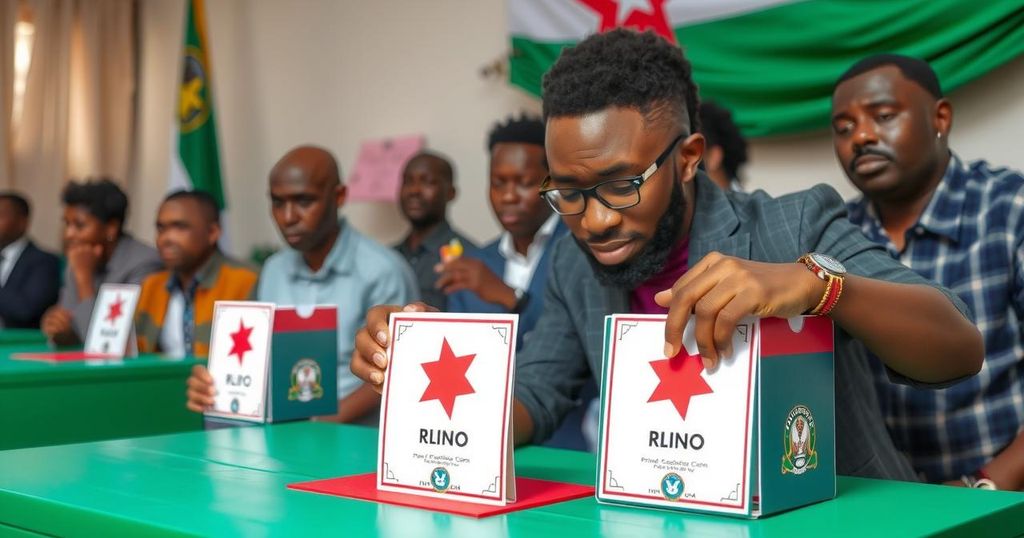Comoros held a parliamentary election amid a boycott by several opposition parties, citing authoritarianism and election integrity concerns surrounding President Azali Assoumani’s government. Approximately 330,000 registered voters were expected to participate in the election for 33 legislative seats while previous elections faced allegations of fraud and non-competitiveness. Despite Tropical Cyclone Dikeledi, the voting proceeded as planned.
On Sunday, the Comoros archipelago conducted a parliamentary election that faced a boycott from several opposition factions. Leaders from these parties criticized President Azali Assoumani and his ruling Convention for the Renewal of the Comoros party for what they perceive as an increasingly authoritarian regime and expressed doubts regarding the election’s integrity. The national electoral commission anticipates that about 330,000 registered voters, from a population of 850,000, will participate in the election that will fill 33 legislative seats.
Historically, the Comoros’ political landscape has been tumultuous, with Assoumani’s party having previously won 20 out of 24 contested seats in the 2020 parliamentary elections, which the opposition labeled a “masquerade.” They voiced concerns that this election may similarly suffer from integrity issues, having also contested the legitimacy of Assoumani’s presidency following last year’s elections that led to significant civil unrest.
Comoros, located off Africa’s east coast, has endured numerous military coups since independence from France in 1975. This election follows Assoumani’s constitutional modifications in 2018, which exempt him from term limits, consolidating power amidst allegations of political repression, as indicated by the Africa Center for Strategic Studies. Despite adverse weather conditions due to Tropical Cyclone Dikeledi, the election proceeded as planned.
The Comoros consists of three islands near Madagascar and has faced political instability marked by coups following its independence from France in 1975. President Azali Assoumani first gained power in 1999 and has since seen his rule characterized by electoral fraud allegations and political repression. His ruling party’s dominance in the previous elections and subsequent changes to the constitution to extend his term have raised concerns regarding the state of democracy in Comoros. In light of these developments, key opposition parties elected to boycott the recent elections, thereby highlighting widespread dissatisfaction with the current political climate.
In summary, the parliamentary elections in Comoros were contested by claims of authoritarian governance and electoral malpractice. With significant opposition parties opting to abstain from participation, concerns regarding voter turnout and the overall integrity of the democratic process remain prominent issues. As Comoros continues to navigate a complex political landscape, the implications of these elections will be scrutinized closely in the weeks ahead.
Original Source: www.wral.com






